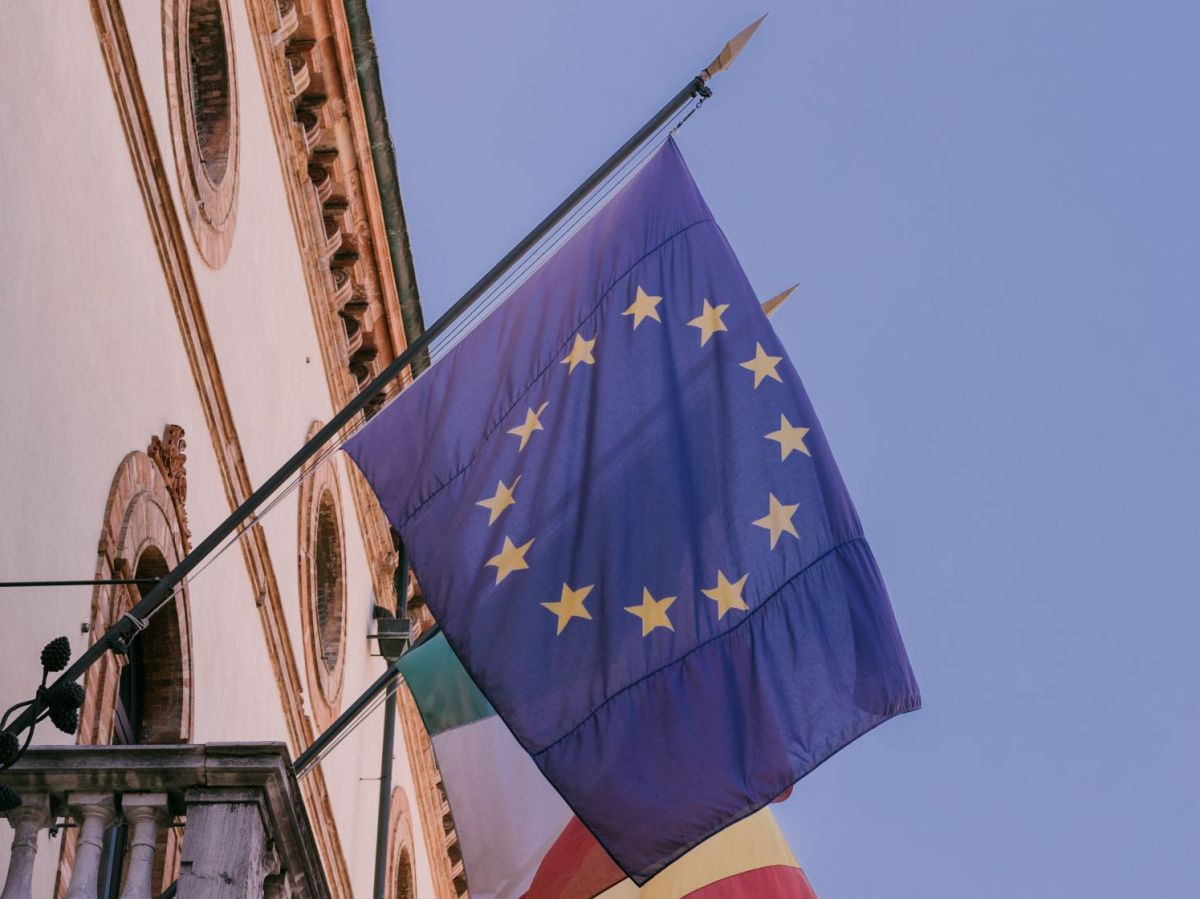According to information provided by the EU executive, the "modernised agreement" with Mexico, which has existed since 2000, will "eliminate the remaining restrictive customs charges on agri-food exports" to the country, which is "one of the oldest partners and the second largest trading partner in Latin America."
This agreement includes cheese, chicken and pork, pasta, apples, jams, chocolate, and wine. "Removing these tariffs, which currently amount to up to 100% on certain EU exports, will make European Union products significantly more competitive in Mexico," the European Commission added, revealing that it will also make it "faster and cheaper" for agri-food exporters from the European political-economic bloc to sell in Mexico.
At the same time, the agreement takes into account "the protection of 568 traditional and high-quality European food and beverage products from imitation."
Faced with shortages in some countries and growing demand, the EU has also managed to secure "access to critical raw materials," particularly calcium fluoride, commonly known as fluorspar, which is used in ceramics, the steel industry, and battery construction.















